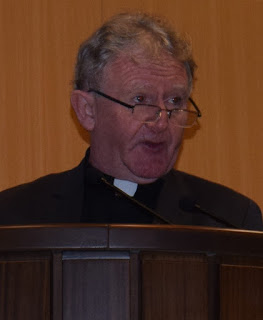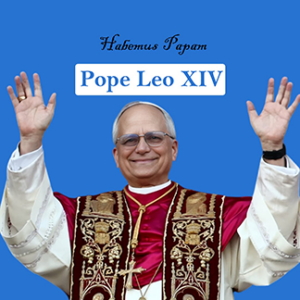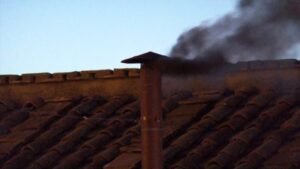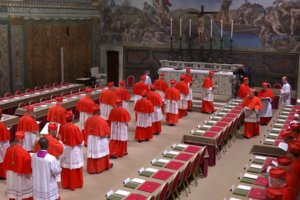ETHIOPIA: Radicalization and Religious Extremism Pose a Great challenge to Development

In a country where people are killed, maimed and displaced persistently, communities cannot experience sustained development because periodically schools, hospitals, formation institutions and many others become inoperable or totally destroyed.
In his presentation on 16th, July, 2018 during the 19th AMECEA Plenary Assembly in Addis Ababa Ethiopia, Fr. Patrick Devine, of the Shalom Centre, Nairobi, Kenya said that, when religion becomes disproportionately energized by increasing quantitative institutional membership, to the detriment of qualitative spiritual transformation, the potential for it becoming a destructive factor in conflict generation escalates. “Within this environment, the propagation of religions as mere institutions becomes the primary focus rather than their core spiritual message with respect to peace, truth, justice and mercy,” he said.
Fr. Devine said that religious ideological extremism is concerned with eradicating alternative modes of existence and perception in society through terrorism adding that, purging of society may be operationalized through non-violent extremism, or violent terroristic extremism. “Ultimately, terrorism is the tool of violent extremism used to purge society of tolerance for other modes of existence in respect to worldviews and faith positions. To counter this negative process there is a distinct need, paradoxically, for an intolerance of intolerance,” he said.
He warned that, the Religionization of politics and the Politicization of religion, have brutal negative implications that lead to deterioration of tolerance to intolerance; non-violent extremism to violent extremism.
“It is within this process dynamic that the tolerance of alternative faiths, institutions, even a person’s right to be born or exist, becomes unacceptable. This is unquestionably evident in the domains of non-violent extremism and manifest violent extremism,” he said.
Fr. Devine noted that, when the purity of the ‘divine’ values and principles in a religion’s message are distorted, subverted or forfeited in the interest of a religion’s institutional earthly socio-political-economic objectives, the authentic beliefs and corresponding behaviour become toxic.
“This is where its institutionalism faces the real danger of usurping the focal point of religion and positioning God as an additive to justify the institution,” he said adding that it is important to bear in mind that within a governance framework which upholds democracy and respect for human rights, a tolerance towards a multiplicity of fundamental perspectives on issues is expected.
Fr Devine suggested that in order to prevent such problems, the government should strengthen and enhance education and capacity building; Strengthen collaboration with traditional and new media; strengthen engagement with regional and international partners; build peaceful, inclusive and just societies through respecting, protecting and promoting human rights
“There is an urgent need for Religious leaders/seminarians to have greater exposure and proficiency in the areas of Peace Studies, Development, Comparative Religion and International relations. Today this is essential,” he said.
~End~
By Fr. Chrisantus Ndaga


